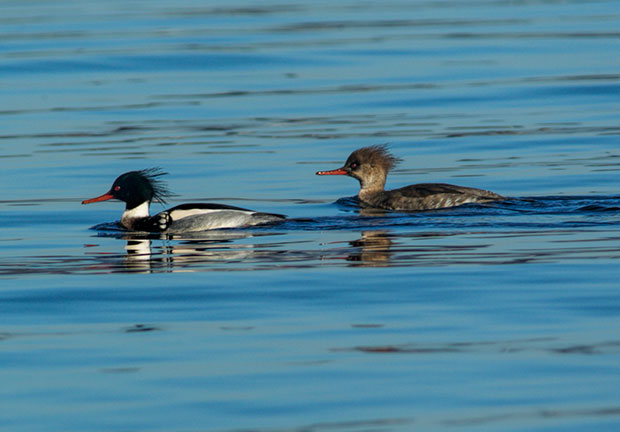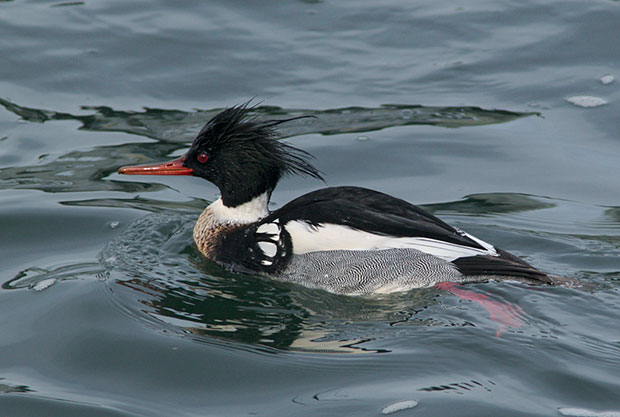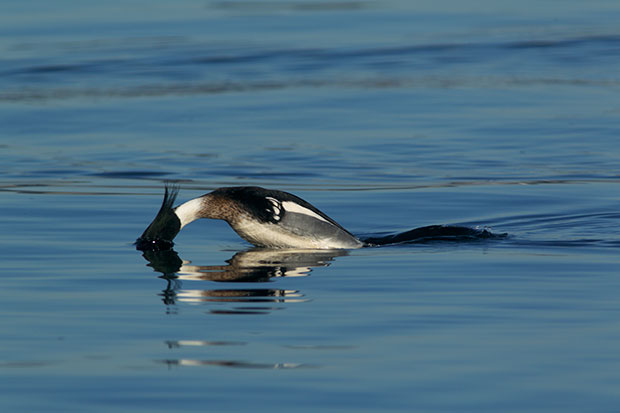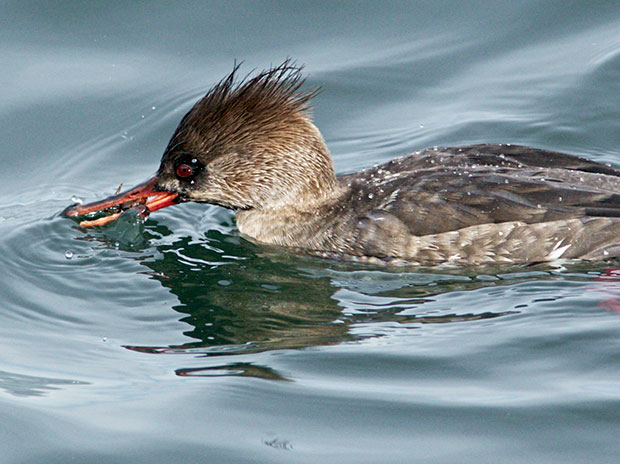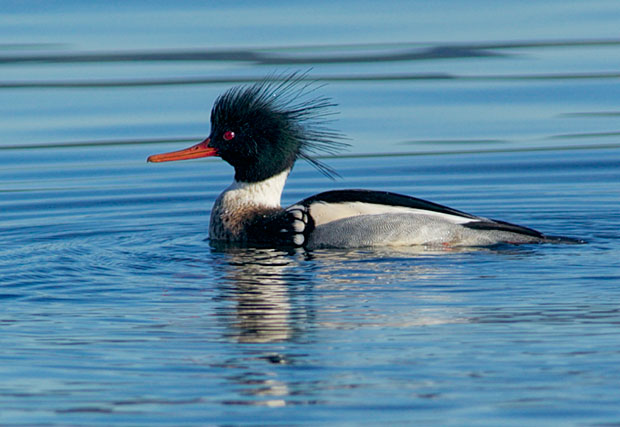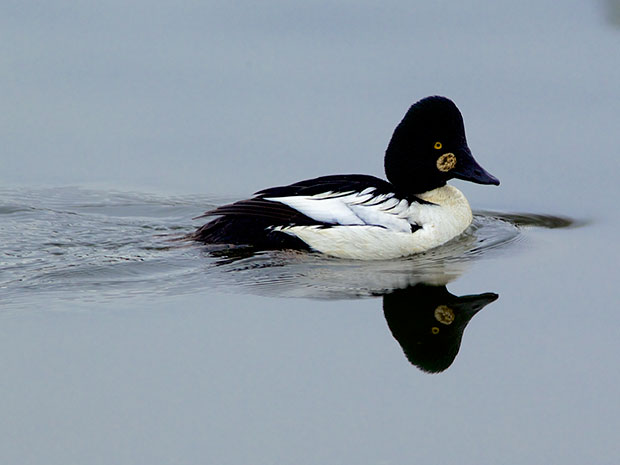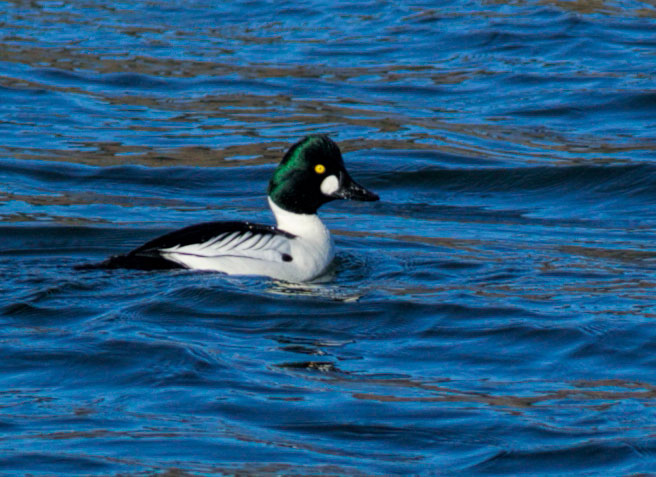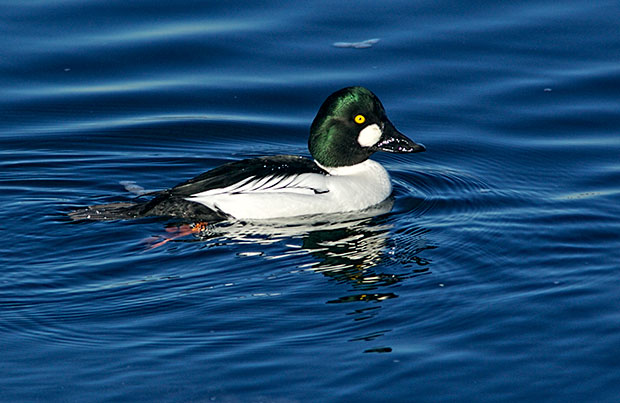I’m sometimes convinced that college is wasted on young people; they’re simply not ready to appreciate much of the literature they’re exposed to in college classes. Perhaps a better alternative would be to require adults to attend a year of classes after they’ve had kids and worked for 20 years or so. By then they might be ready to appreciate ideas they would have totally missed when younger.
I do remember reading “The Waking” while in college, probably because I was raised in the Pacific Northwest and have always been excited when the “sun was out.”
THE WAKING
I strolled across
An open field;
The sun was out;
Heat was happy.
This way! This way!
The wren’s throat shimmered,
Either to other,
The blossoms sang.
The stones sang,
The little ones did,
And flowers jumped
Like small goats.
A ragged fringe
Of daisies waved;
I wasn’t alone
In a grove of apples.
Far in the wood
A nestling sighed;
The dew loosened
Its morning smells.
I came where the river
Ran over stones:
My ears knew
An early joy.
And all the waters
Of all the streams
Sang in my veins
That summer day.
I’ve always been in tune with nature as far back as I can remember, but I’m pretty sure I would have missed the shimmering of the wren’s throat, the sigh of the nestling, and the singing of the blossoms. Of course, as a sophisticated college student I would probably have been too embarrassed to admit that these kinds of things “sang in my veins” on a sunny summer day.
I would have totally missed the point of this poem, though.
ALL MORNING
Here in our aging district the wood pigeon lives with us,
His deep-throated cooing part of the early morning,
Far away, close-at-hand, his call floating over the on-coming traffic,
The lugubriously beautiful plaint uttered at regular intervals,
A protest from the past, a reminder.
They sit, three or four, high in the fir-trees back of the house,
Flapping away heavily when a car blasts too close,
And one drops down to the garden, the high rhododendron,
Only to fly over to his favorite perch, the cross-bar of a telephone pole;
Grave, hieratic, a piece of Assyrian sculpture,
A thing carved of stone or wood, with the dull iridescence of long-polished wood,
Looking at you without turning his small head,
With a round vireo’s eye, quiet and contained,
Part of the landscape.
And the Steller jay, raucous, sooty headed, lives with us,
Conducting his long wars with the neighborhood cats,
All during mating season,
Making a racket to wake the dead,
To distract attention from the short-tailed ridiculous young ones
Hiding deep in the blackberry bushes—
What a scuttling and rapping along the drainpipes,
A fury of jays, diving and squawking,
When our spayed female cat yawns and stretches out in the sunshine—
And the wrens scold, and the chickadees frisk and frolic,
Pitching lightly over the high hedgerows, dee-deeing,
And the ducks near Lake Washington waddle down the highway after a rain,
Stopping traffic, indignant as addled old ladies,
Pecking at crusts and peanuts, their green necks glittering;
And the hummingbird dips in and around the quince tree,
Veering close to my head,
Then whirring off sideways to the top of the hawthorn,
Its almost-invisible wings, buzzing, hitting the loose leaves intermittently—
A delirium of birds!
Peripheral dippers come to rest on the short grass,
Their heads jod-jodding like pigeons;
The gulls, the gulls far from their waves
Rising, wheeling away with harsh cries,
Coming down on a patch of lawn:
It is neither spring nor summer: it is Always,
With towhees, finches, chickadees, California quail, wood doves,
With wrens, sparrows, juncos, cedar waxwings, flickers,
With Baltimore orioles, Michigan bobolinks,
And those birds forever dead,
The passenger pigeon, the great auk, the Carolina paraquet,
All birds remembered, O never forgotten!
All in my yard, of a perpetual Sunday,
All morning! All morning!
Heck, I probably wouldn’t have been ready for this poem even if I’d gone back to college after 20 years of teaching, though perhaps it would have turned me on to birding many years before I actually started doing so.
It makes perfect sense to me, now, though. My yard isn’t large enough or remote enough to attract all the birds Roethke lists here, but I feel blessed when I’m walking in a place where this happens. I’m attracted to bird sanctuaries for precisely this reason. Nothing delights me quite as much as a “delerium of birds.” There are special moments in my life when I’ve been out walking for awhile surrounded by the chatter of birds underfoot and overhead and I lose myself entirely in the moment, when that moment feels like “Always,” and I feel like I’m in perfect harmony with nature — I’m one with Nature.

